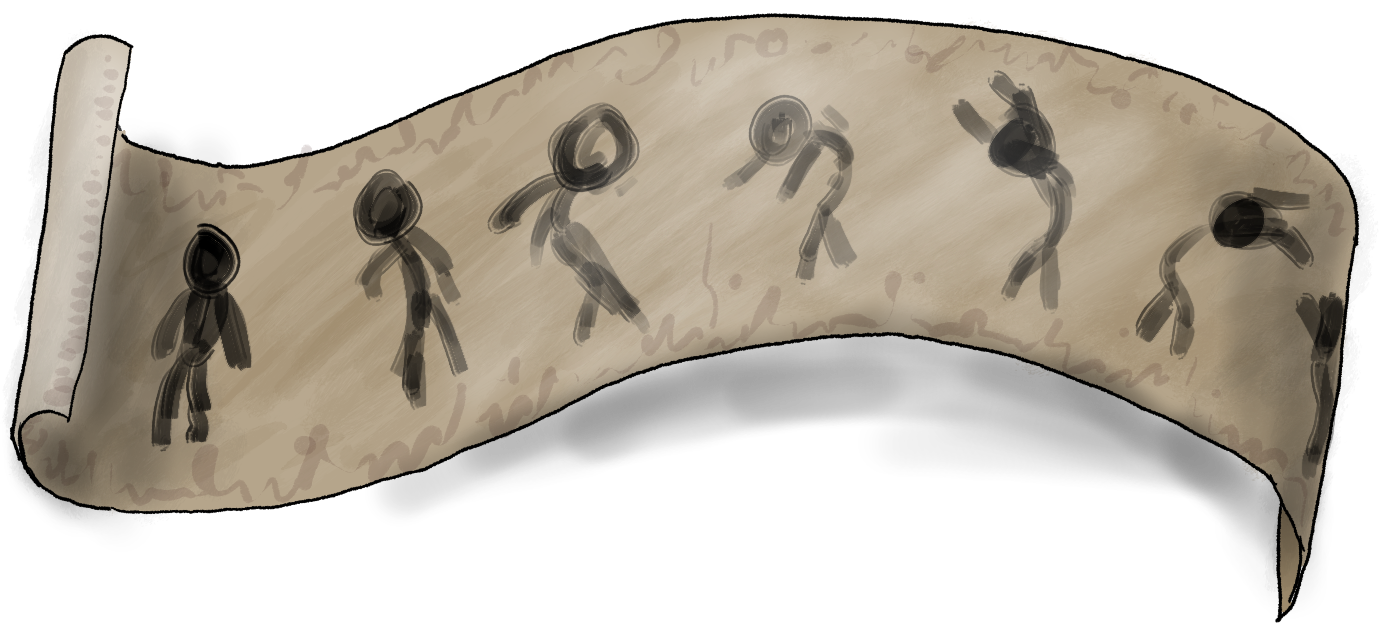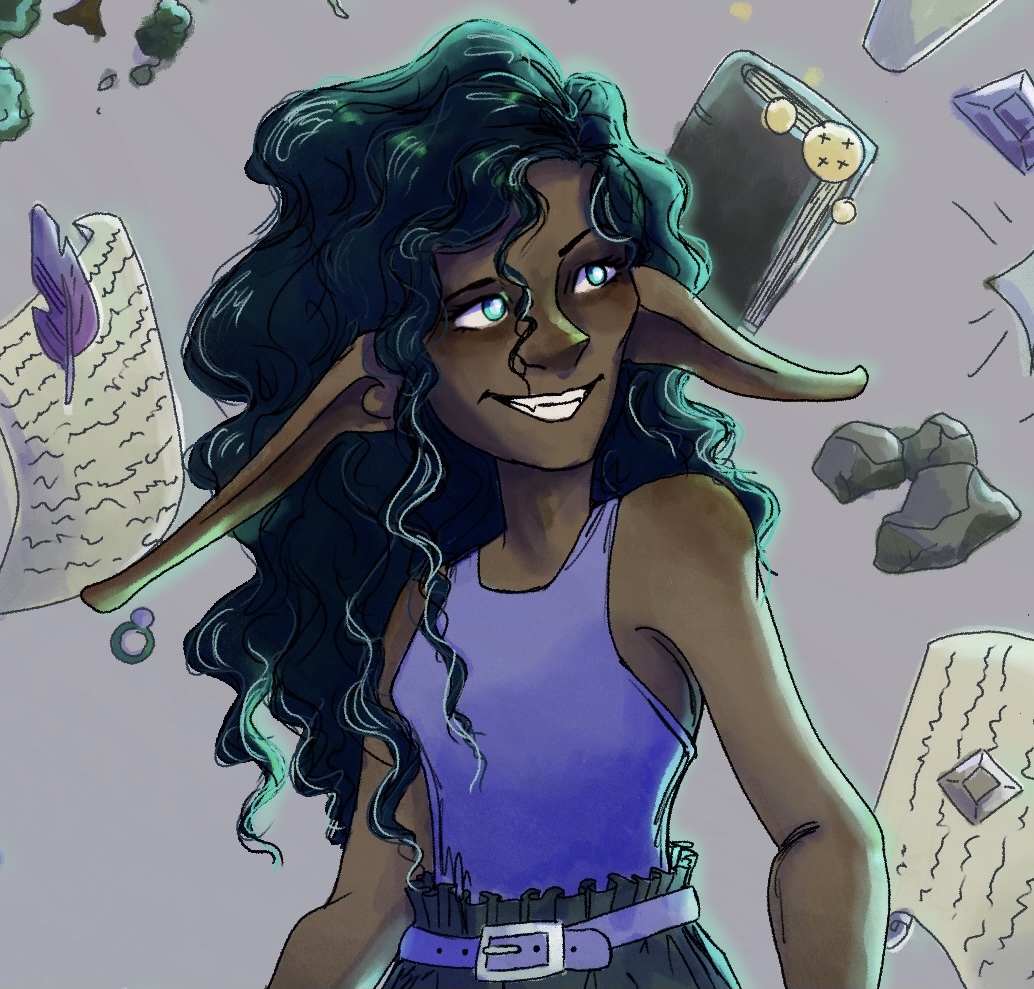Yuai Do
Combat art of the graceful and the patient
It's about waiting, watching, and in the right moment... striking.Yuai Do is a graceful combat art guided by ideals of patience and counteractions, based on the movements of the God-husk Miyu. Miyu is one of the most broken God-husks -- during the war she was decapitated, and her body remains standing in the place of her death, gently swaying in an invisible breeze. Practitioners of Yuai Do and followers of Miyu watch the God-husk and study her movements, believing them to be patterns and poses, and base the movements of their own combat art off of them.
Power in Patience
The main core principle of Yuai Do is one of patience and flexibility. This is taken directly from observing Miyu herself -- the God-husk stands at the ready, but flexible. She has her feet planted as if she were about to strike, but in such a way that she still bends and sways in smooth motions. Her feet never move during this swaying -- the rest of her moves in graceful arcs while she remains standing in the exact same spot.You must be strong, but flexible. Strength and determination in your feet, planted firmly but ready to move.
Decisive Action
For 95% of the time, Miyu sways gently -- but for that final 5%, she enters a frenzied rage, striking and attacking at invisible foes that only she is aware of in the broken remains of her consciousness. Some believe it's merely Miyu stuck reliving fragments of memories of her combative days, but followers of Yuai Do believe she is setting an example for them to follow. It's the second half of the core principles of Yuai Do -- striking at the opportune moment.Now, while they have extended beyond their capability, we strike.
Miyu and Hansun
Before her death, the goddess Miyu was known as the Graceful Goddess of Combat. She had a close relationship with her followers, the people who would eventually form the country of Hansun, and many of their ideals come from this time. Patience, excellence in combat, and perseverance are all qualities that the people of Hansun hold dear to themselves.Armed and Unarmed
Yuai Do can be practiced with, or without weapons. Beginners and non-violent practitioners will mostly practice unarmed Yuai Do, focusing more on the peace of mind and tranquility that the gentle swaying movements provide. Those who take Yuai Do into the realm of actual combat and defense will often times use weapons. Just as with Miyu, spears are the weapon of choice -- beginner and intermediate students will practice with just one spear, but once someone ascends to the level of master, they begin to practice Yuai Do with two.The spear itself may be rigid, but do not think of it as inflexible, think of it as an extension of your swaying and drifting arms. The spear must move through the air gracefully, during all parts of combat.




















I remember you mentioning Yuai Do before and I am so excited it now has its own article. It's everything I hoped it would be.
Necromancy is a Wholesome Science.
<3 Thank you so much! It took a long time to finally get around to writing it, but I'm so happy it turned out good :D